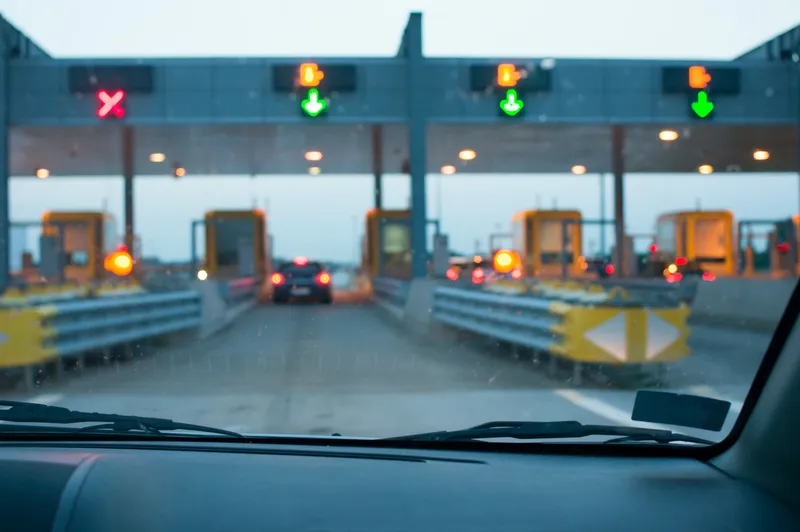Technology company Indra is to expand the ground segment of the European global positioning system, Galileo, in a contract worth US$8.2 million awarded by company Airbus Defence and Space in the UK, under a programme funded by the European Union.
The contract includes a new telemetry, tracking and command (TT&C) station, together with maintenance and development of TT&C stations until 2016.
The new station in Papeete will enhance Galileo's ground segment so that it can assume the control of a constellation of satellites that will grow from eight currently in orbit to 30 satellites in 2020, upon the system's completion.
Indra has already implemented the current network of TT&C and uplink stations which manage the satellites of the Galileo system. The ground stations, together with the control centres in Germany and Italy, are the ground segment's key components. This network of stations supports critical services, such as search and rescue or aerial and marine navigation aid services.
Indra expands Galileo ground stations
Technology company Indra is to expand the ground segment of the European global positioning system, Galileo, in a contract worth US$8.2 million awarded by company Airbus Defence and Space in the UK, under a programme funded by the European Union. The contract includes a new telemetry, tracking and command (TT&C) station, together with maintenance and development of TT&C stations until 2016.
June 16, 2015
Read time: 1 min
Related Content











